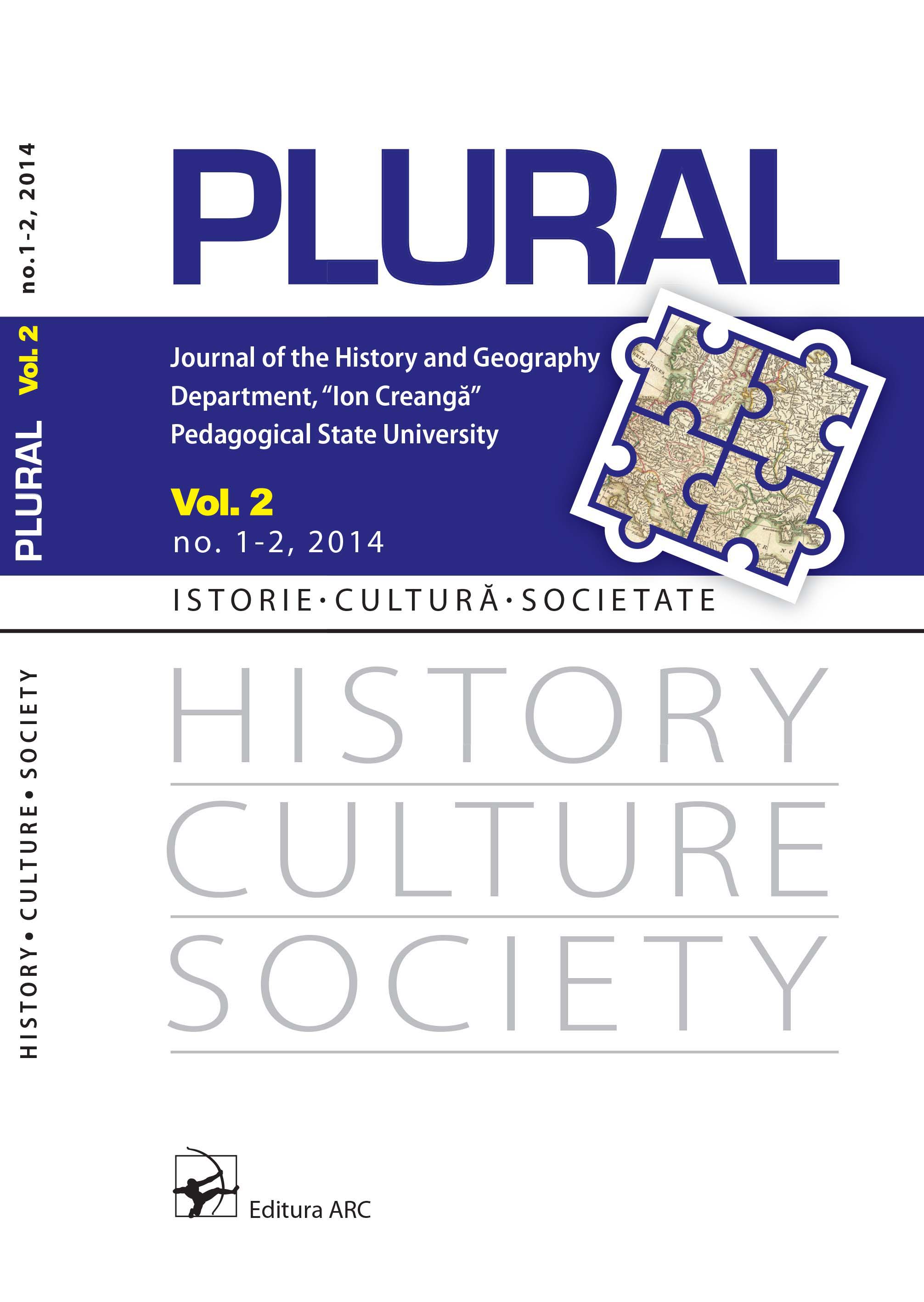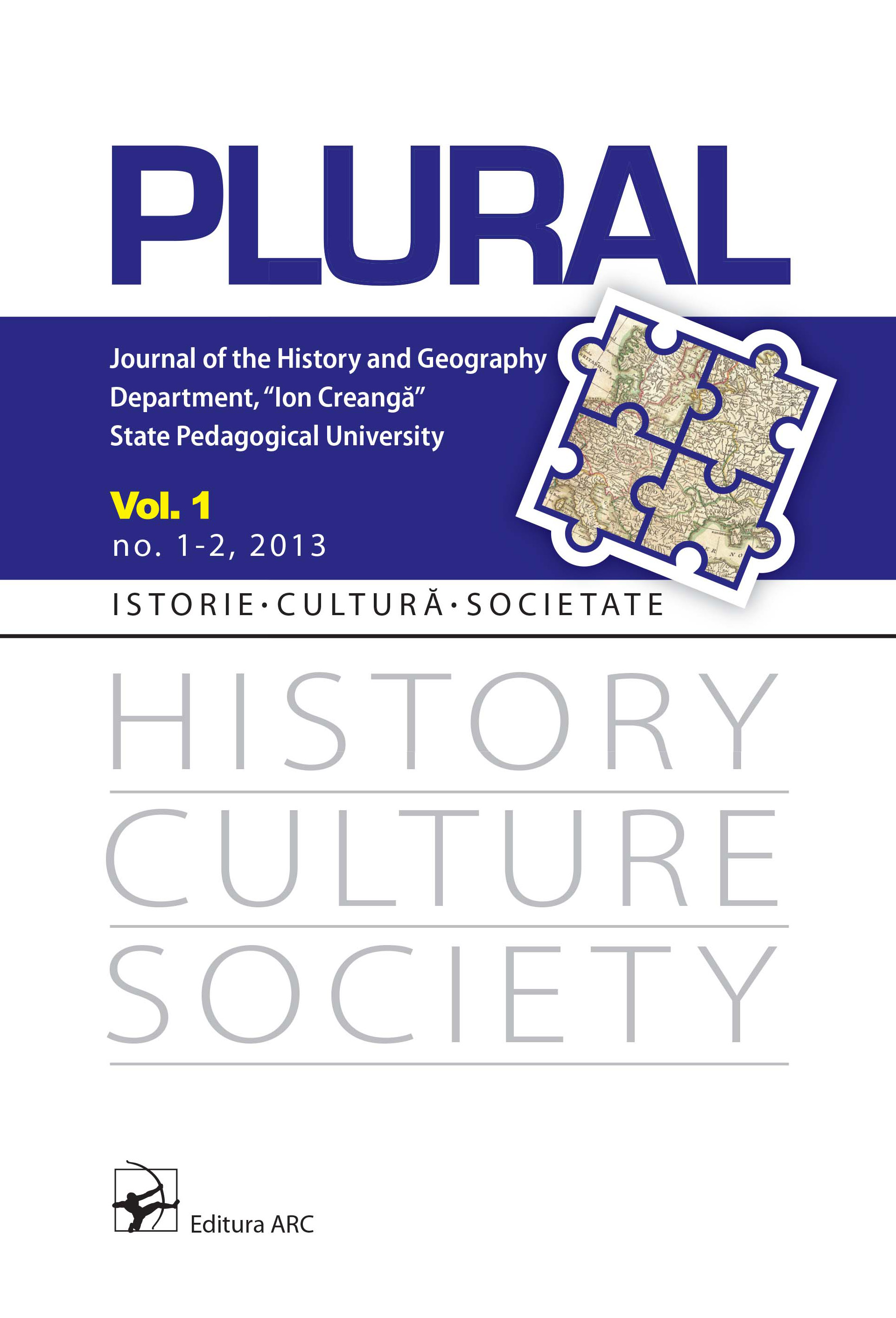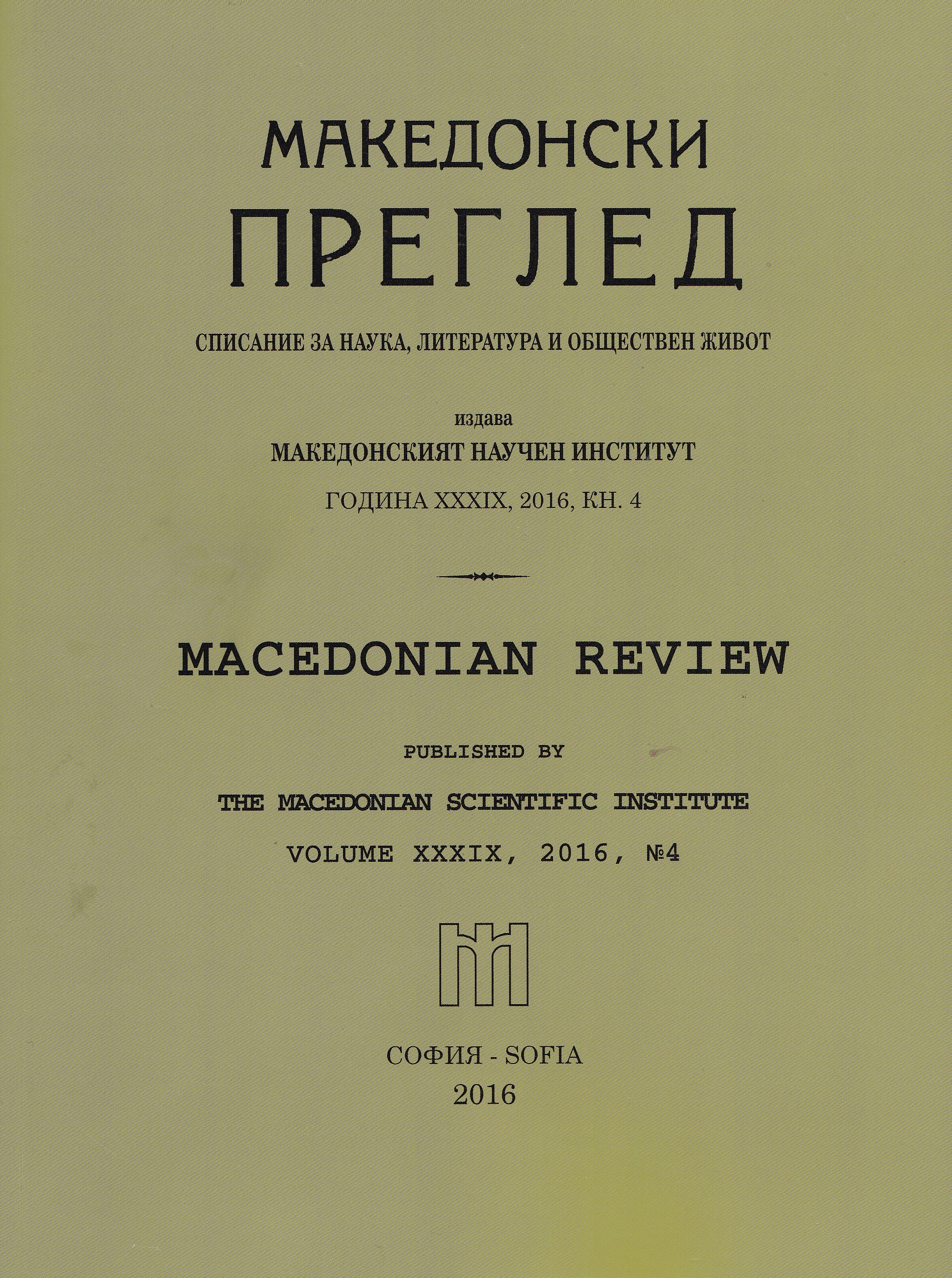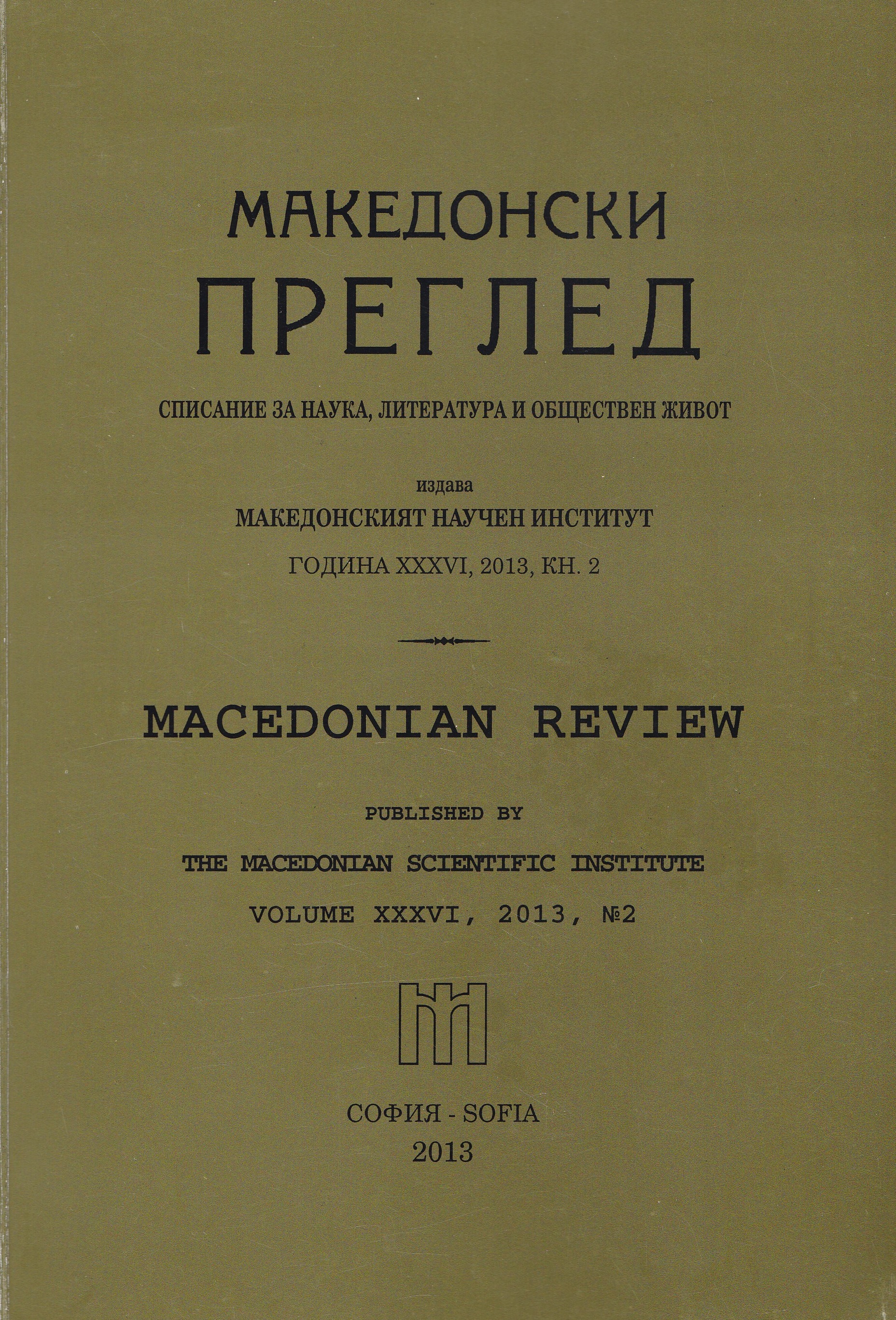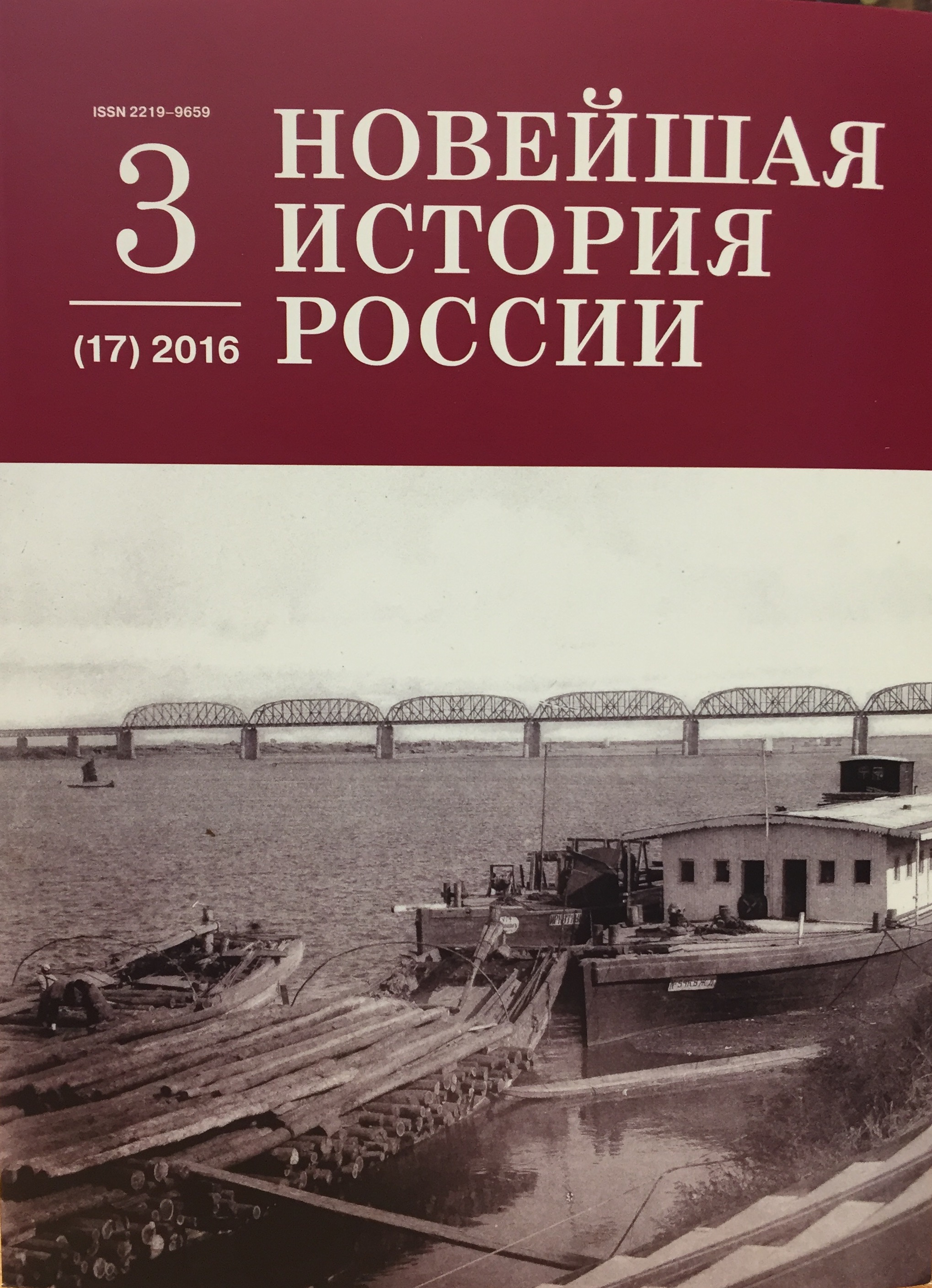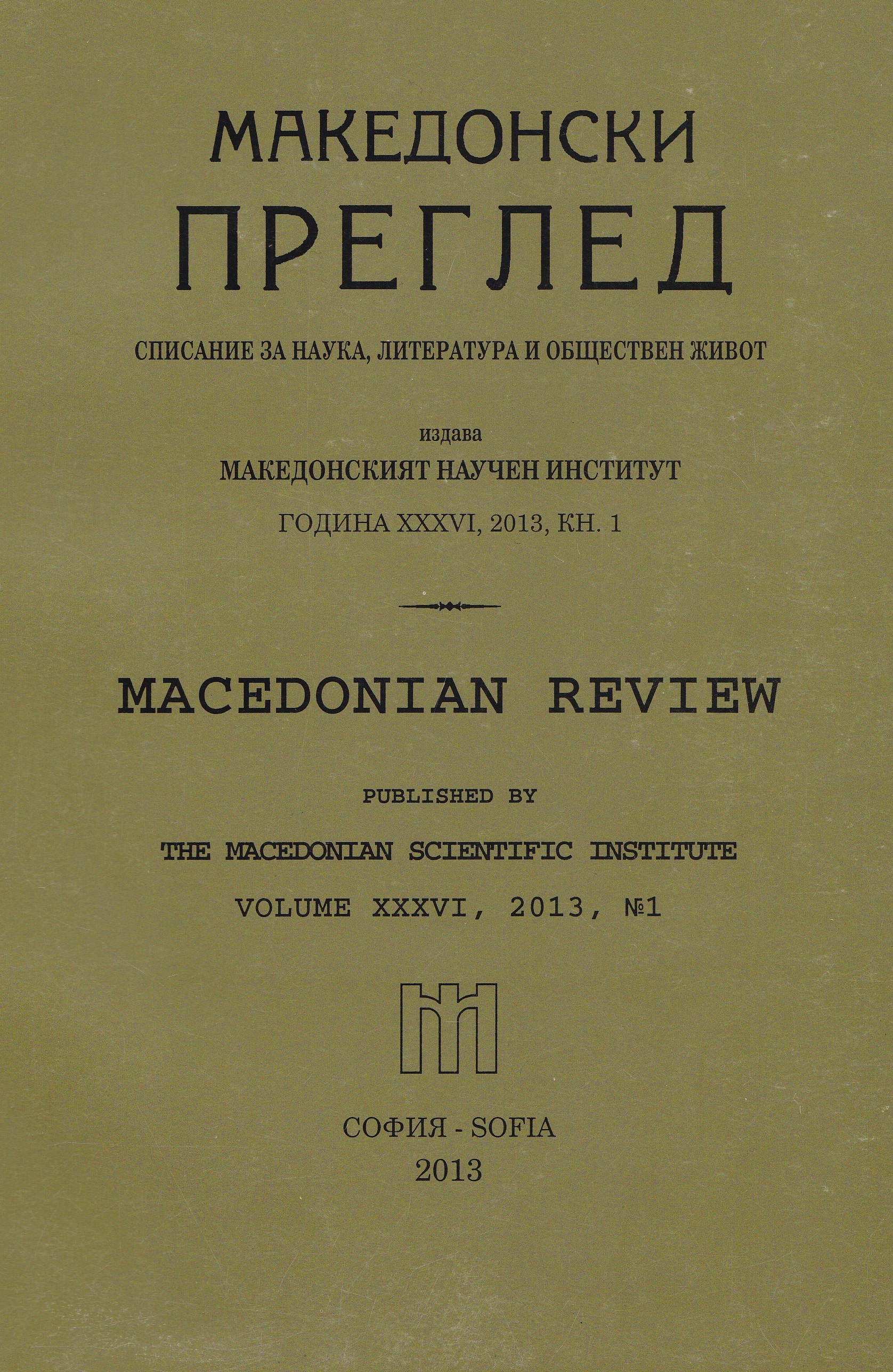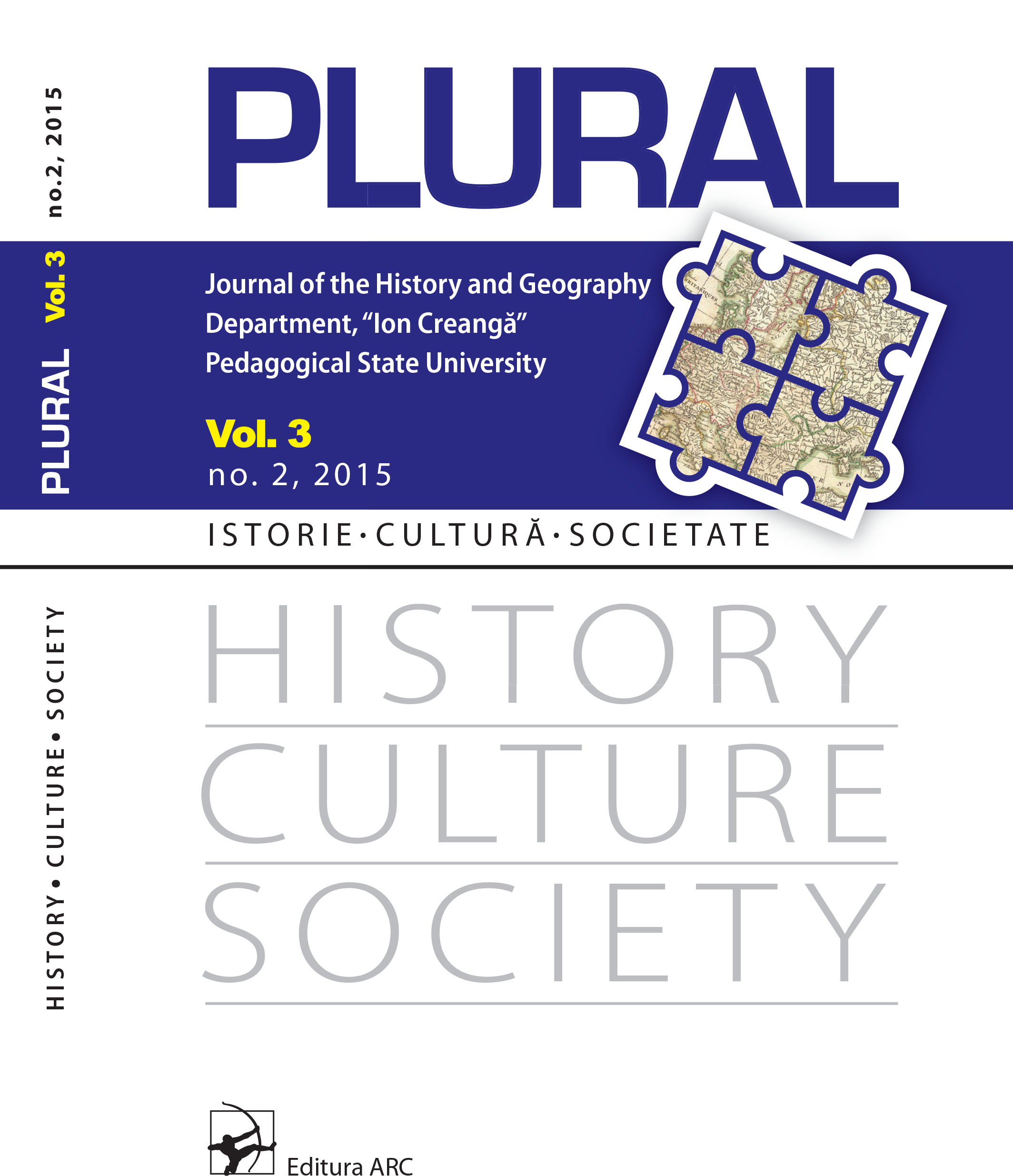
«Восточное партнерство»: актуальное состояние и ближайшие перспективы
This article aims at analyzing the key results and future prospects of the Eastern Partnership program of the European Union. Usually the criticism toward this initiative is based on two arguments: allegedly, it was the assertiveness of the EU which contributed to the Ukrainian crisis and increased a conflict potential with Russia. Besides, in the end Brussels was not able to deliver more in terms of Ukrainian, Moldovan and Georgian integration into the EU and to counterbalance the Russian foreign policy in the region. The author argues that the Eastern Partnership, driven by the “constitutive power of outsiders”, was an adequate answer to the socio-political changes which have occurred in East European countries. It gave them an opportunity, based on the principle of “more for more”, to include themselves in internal EU regimes without formal accession. On the other hand, the Eastern Partnership is currently facing two main challenges: Russian reaction to EU association agreements with Eastern neighbors as well as disintegration and corruption of the elites. Despite some disappointment of the Euro-enthusiasts and the devastating economic crisis in the region, it is still preserving the pro-European orientation and working on the association agenda. But, in the context of substantial problems with corruption, Brussels has now to apply the policy of “sticks” in order to discipline (and not only support or encourage) the neighborhood countries
More...
